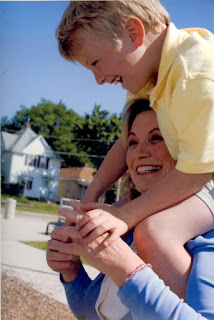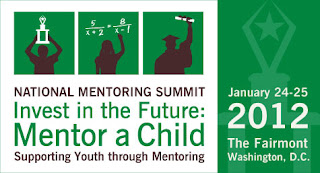Today we remember the passing of Elizabeth Edwards with great sadness, and with even greater purpose. Just before she passed, Elizabeth shared the words below on Facebook. We hold them in our hearts still today as we continue her work, her hope that we can make a difference, and her mission to make the most of our days on Earth by changing the lives of others for the better. We miss you, Elizabeth.
You all know that I have been sustained throughout my life by three saving graces — my family, my friends, and a faith in the power of resilience and hope. These graces have carried me through difficult times and they have brought more joy to the good times than I ever could have imagined. The days of our lives, for all of us, are numbered. We know that. And yes, there are certainly times when we aren't able to muster as much strength and patience as we would like. It's called being human. But I have found that in the simple act of living with hope, and in the daily effort to have a positive impact in the world, the days I do have are made all the more meaningful and precious. And for that I am grateful. It isn't possible to put into words the love and gratitude I feel towards everyone who has and continues to support and inspire me every day. To you I simply say: you know.
-- Elizabeth Edwards, December 2010




